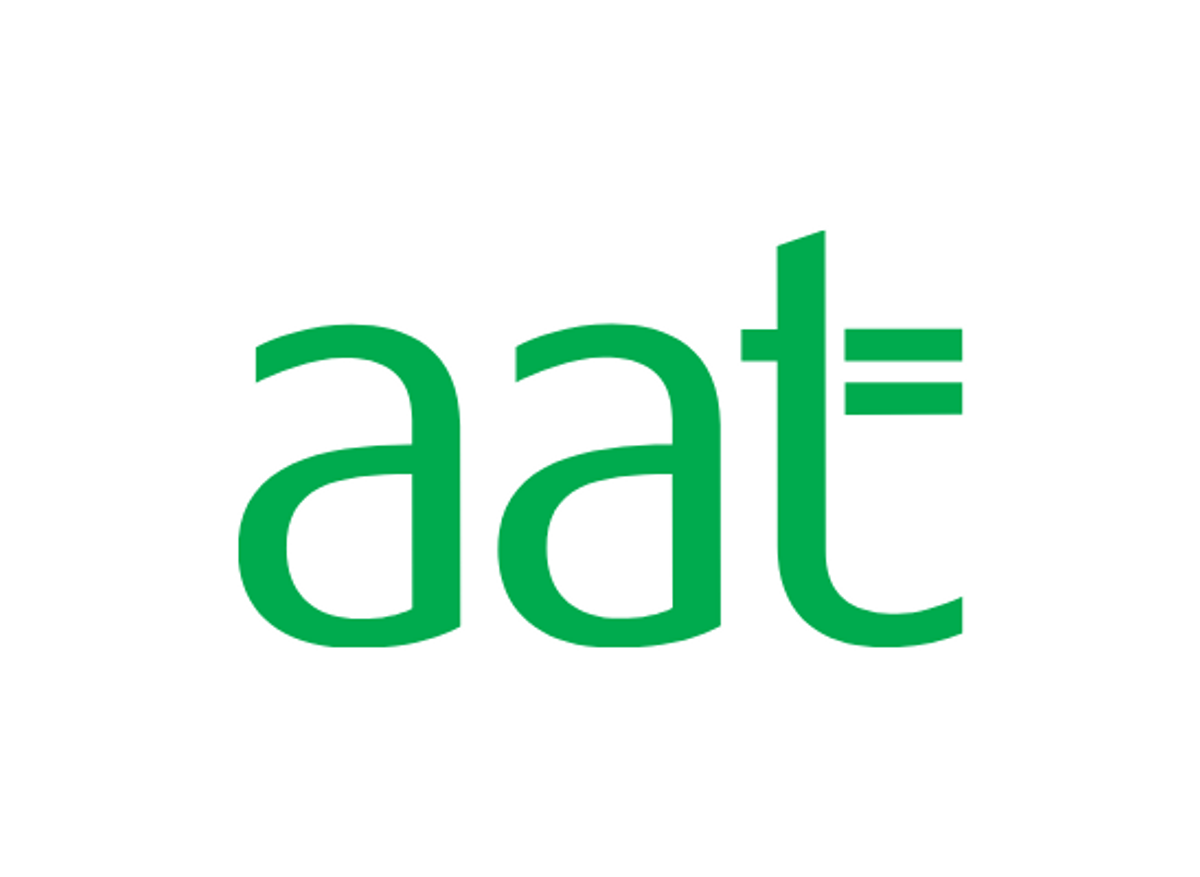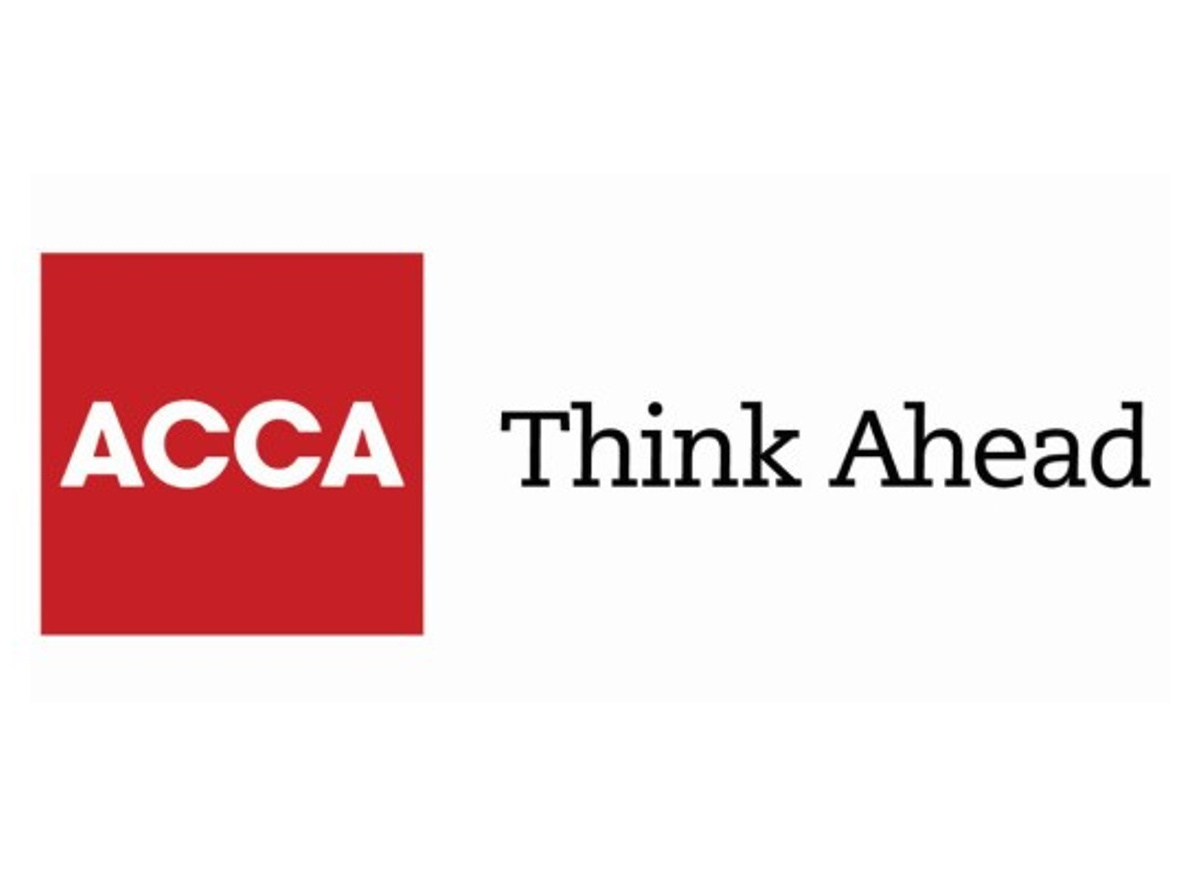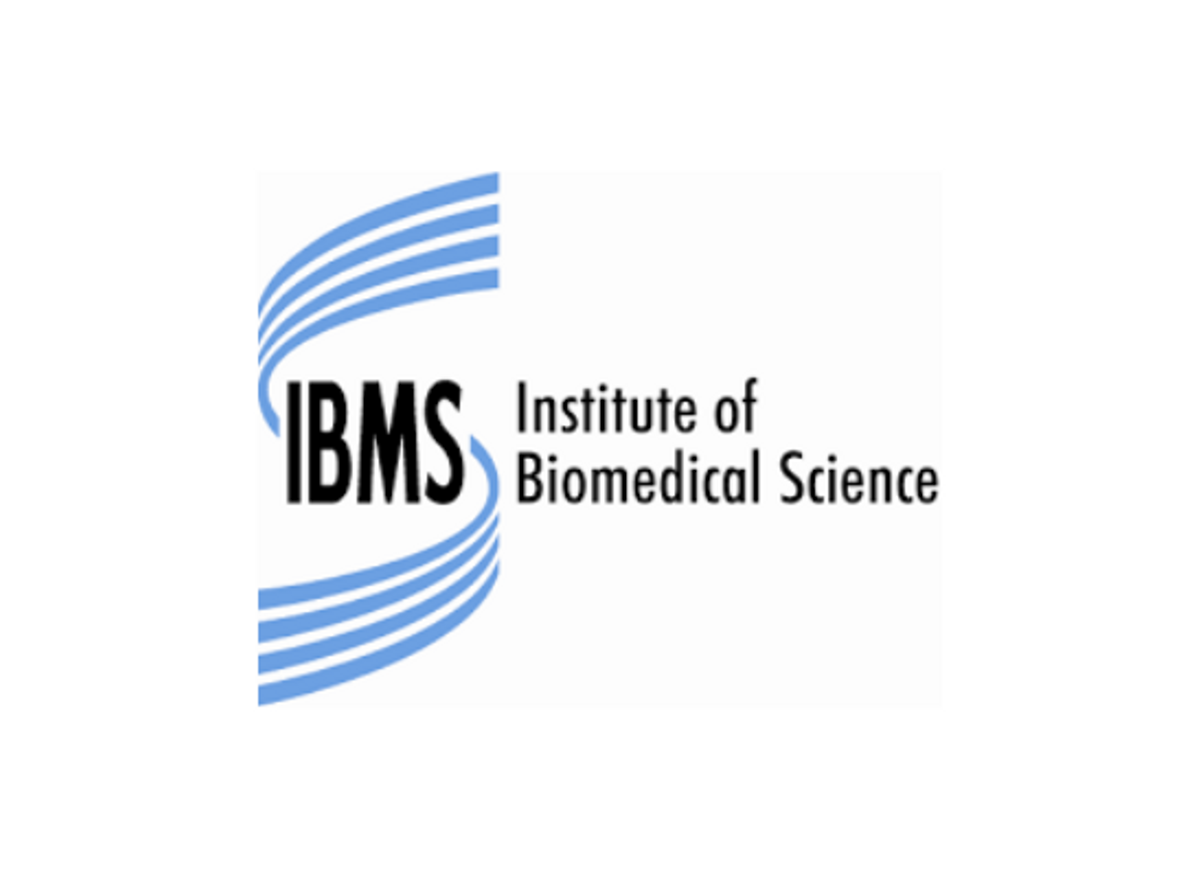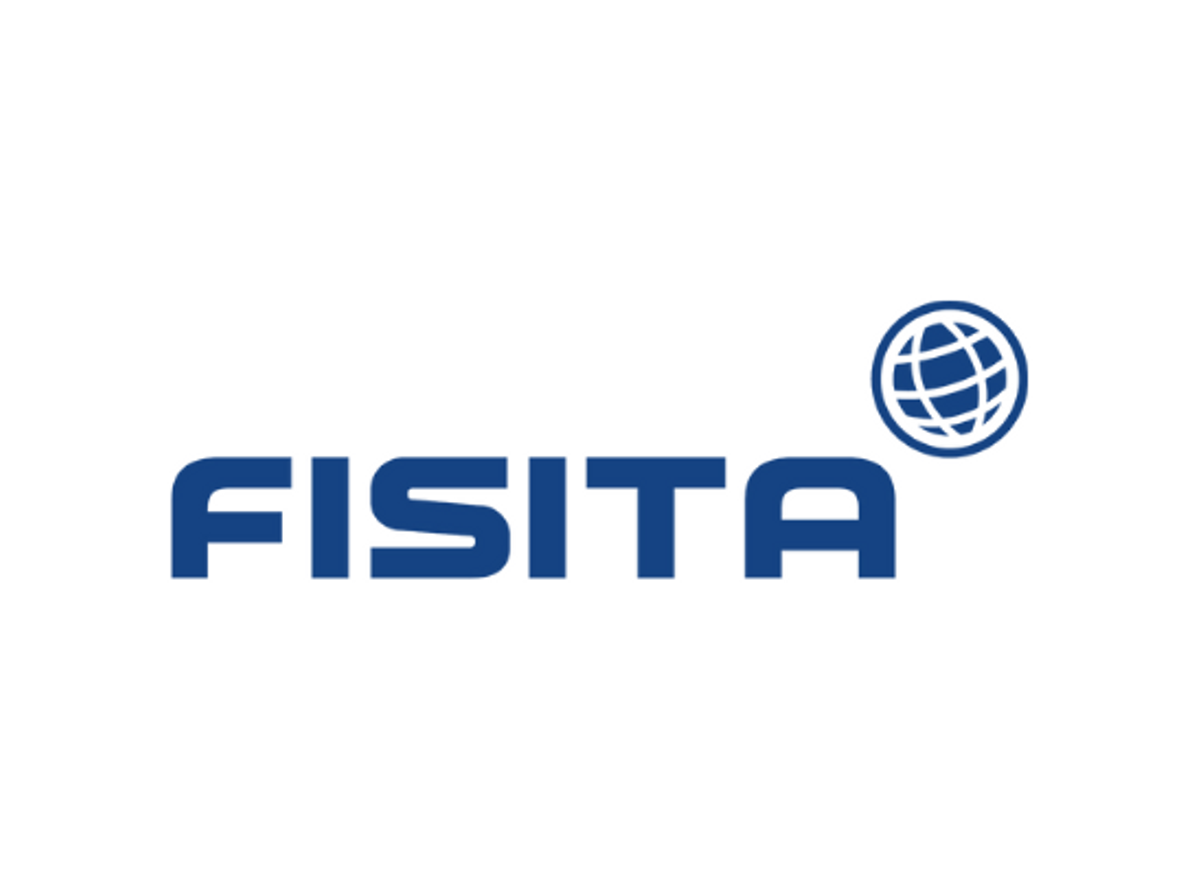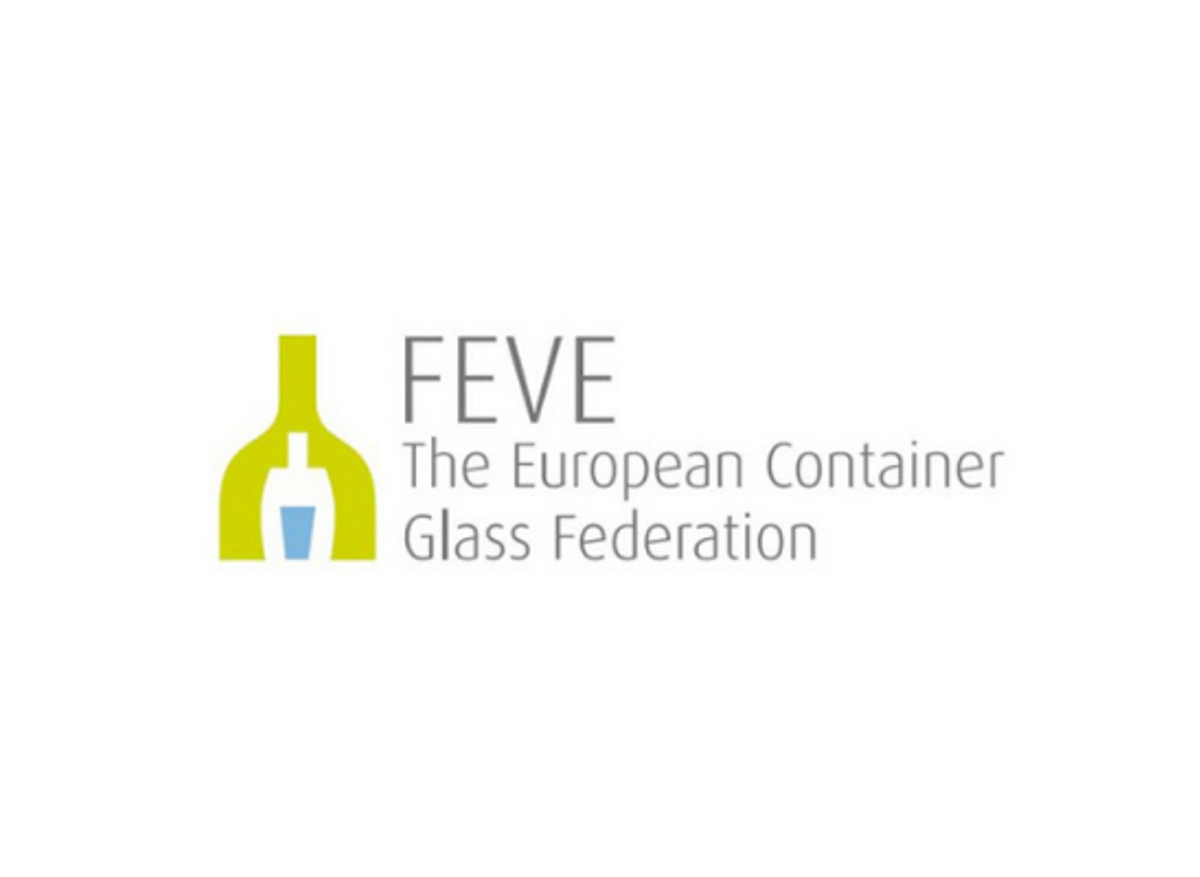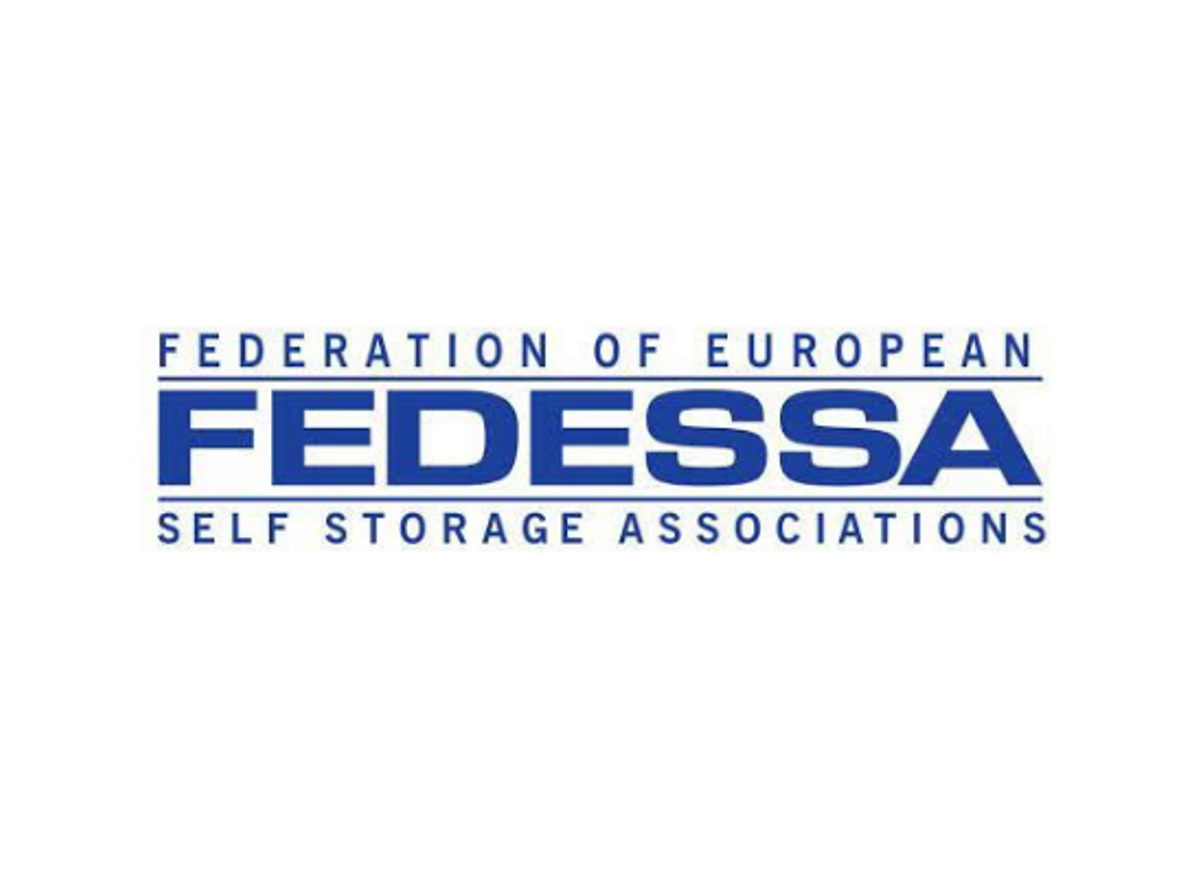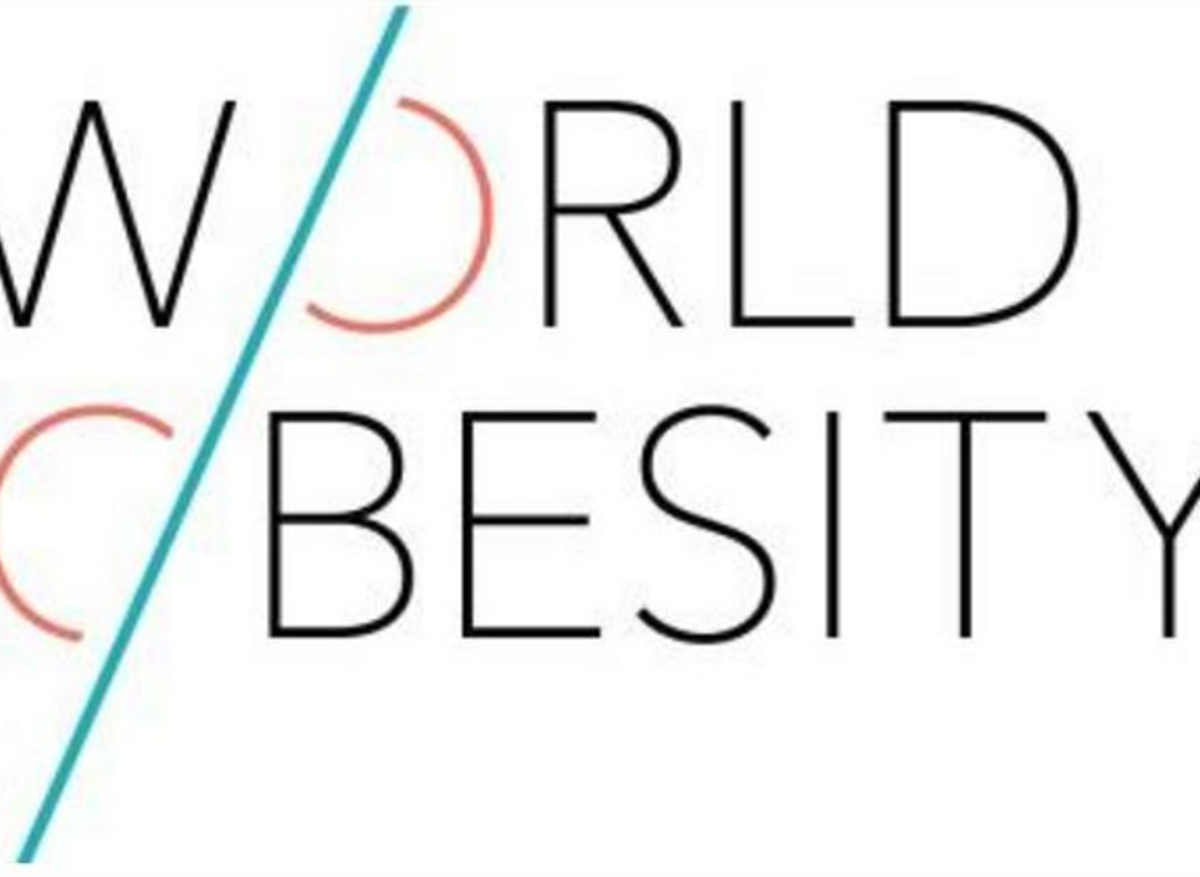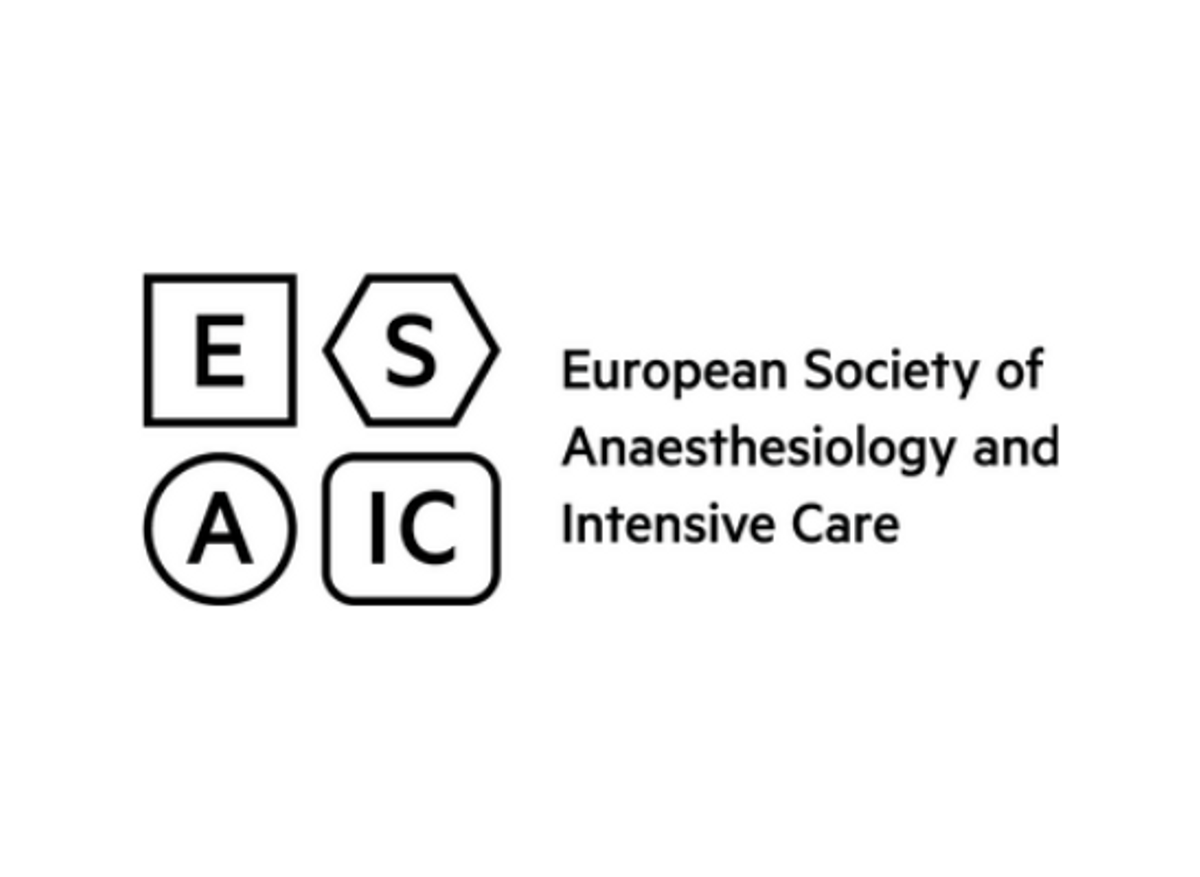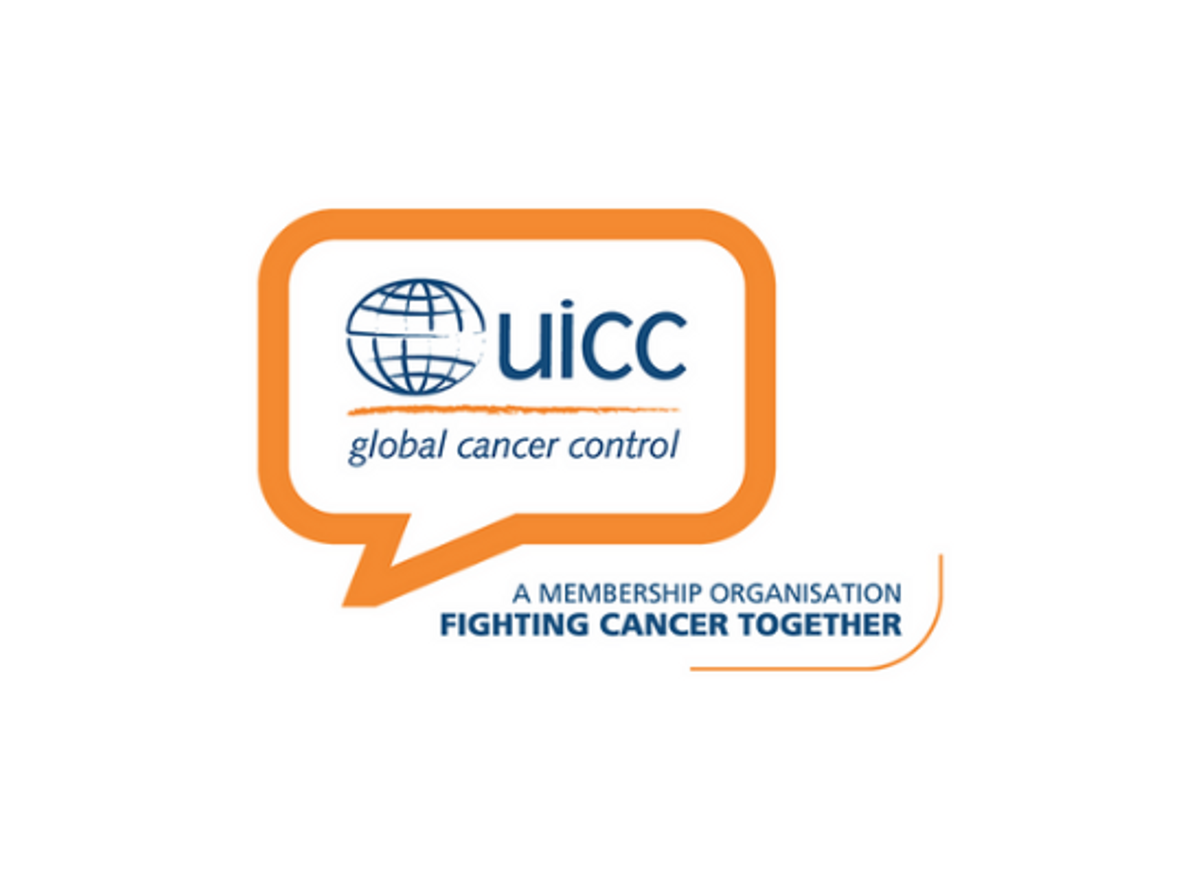Contribute
Sharing is an essential part of being a member, it being at the core of the way the association works. We ask you to contribute in a way that depends on your role, organisation and function, in a variety of ways, outlined below.
Contributions should relate to advances, development, management, technology and other aspects in the areas of
- Leadership & Governance
- Membership & Communities
- Conferences & Events
- Professional Development & Education
- Publishing & Data
- Public policy & Lobbying
- Marketing & Communications
- Artificial Intelligence
- Visual images with the text are best to include to illustrate or emphasise the points
- Content should be specific or highly relevant to associations
- Contributed content may be edited by the AAE team
- Contributions are not to be sector-specific, or where they are, suitable for adapation to other sectors
- AAE will publish submissions worlwide with no time limits
- Submissions of processes, guides, SOPs, checklists, Gantt charts, job descriptions, policy documents and all items for the Resource Centre are on a Creative Commons "Attribution-Non-Commercial-Share Alike" license.
Your contributions will be shared at or in any of the following
- Home page and other relevant pages of the AAE website
- eBulletins and other news and update emails
- Resource Centre at the AAE website
- AAE's online forums
- AAE Magazine or other printed publications
- AAE's Social Media channels
- AAE physical and online events
- Other relevant media
Various ways you can contribute
Write an Article, Blog or Expert briefing
We welcome written Articles, Blogs or Expert Briefings from members and Consultants
- Articles - one-off pieces with valuable insights or deliberation on issues around a topic, indepth (1000 - 2000 words)
- Blogs - a series of four or more articles of your opinion, provided on a regular basis (fortnightly or four-weekly) with one theme running through the series (400 - 800 words)
- Expert briefings - "How to" best practice guidance from experts, for process orientated tasks or activities (no limit on length)
Specifications
Title
- This should represent the core thrust of the piece, particularly what issue the article solves / answers
- 25 - 100 characters (including spaces)
Teaser
- Explains powerfully the value to be gained from the content
- It must not raise expectations that are not met in the content
- Up to 240 characters (including spaces)
- Entices people to open / click to view/read at the website
- Used in social media (under the title), in listings on the website, in emails at the top of the article when displayed
Body Copy
- Website & eNewsletter: Between 500 - 2000 words, although over this is not a problem
- Magazine article: Usually between 1500 - 2000 words
Header banner & Listing thumbnail
We can select these images for the articles. If you want to then refer to the below.
- This is one and the same image that appears as a thumbnail and as a header image
- It should not contain logos or key words (as various parts of the image will / will not show depending on where it displays and what device and orientation the viewer uses)
- You can provide the image yourself if the image is created by you or your organisation, or a license has been paid for use in 3rd party promotion
- We can use images from these image banks:
- Canva (basic or professional) - Under Photos, find the image in the left Photos bar, click on the three dots (…), then click on the image name url link, and send us the page url that shows the image.
- Envato - find an image here and send us the url of it's page
- The image size should be a minimum of 1200 pixels wide
Images in body text
- Images with fine detail (eg text, tables, flowcharts) are best at a minimum width of 1000 pixels
- Other images embedded in the copy should be vivid and relate directly to the content
- Please indicate the location that images are to be placed in the text, and whether full width (very small height) or part-width (25% or 50% or 75%) and therfore taller
Topic Tags
Select the relevant topic tags for your submission, with at least one subtopic, so that it is promoted to members with relevant interests.
Contribute Resources
Sharing your resources with the community is part of being a member of the AAE, so that others can learn and grow, developing their knowledge, their processes, their projects and their organisation.
Types of Resources
- Manuals
- Checklists
- Standard Operating Procedures (SOPs)
- Guides
- Task lists
- Campaign or other plans
- Policy documents
- Requests for Proposals (RFPs)
- Factsheets
- Business Tools (often in spreadsheets)
Formats
Contribute files or content in any format, including but not limited to the below.
- Text
- Word or other documents
- Excel or other spreadsheets
- Images
- Videos
- PDFs
- Standard design files - Adobe InDesign, Illustrator, Photoshop etc
- GANTT charts
Develop a 'Success Story' case study of a project
Sharing your successful project as a 'Success Story' case study enables other community members to learn and grow from your experience. Contributing the details of your project will enable them to undertake similar projects successfully, reducing their risk, reducing the effort and duration of preparation, executing their own projects better than they would have, and thus provide better service to their members, and maybe avoiding major mistakes.
As well as the professional satisfaction of supporting your peers as a contributor, you will be recognised by the AAE as an "Association Success Story Author" with a certificate for your professional record. Success Story projects are contributed throughout the year as well as out of nominations submitted to the Association Success Awards.
The Success Stories adopt a standard template of sections which the author writes and selects images, and are accompanied by useful files.
For more information or for submitting a case study, please contact Anca Urdea, Awards & Success Story Manager.
Past contributors
A selection of organisations whose project teams have contributed include:
Present at an online Seminar
Seminars are an excellent way to share with other association executives your experience and know-how.
Topics areas the seminars cover
- Leadership & Governance
- Membership & Communities
- Conferences & Events
- Professional Development & Education
- Publishing & Data
- Public policy & Lobbying
- Marketing & Communications
- Artificial Intelligence
When the seminars take place
- During the day, usually at lunch time in Europe, Middle East & Africa, and mid & late morning in Asia
- Tuesdays, Wednesdays and Thursdays
- All weeks except: the first two of January and last two of December, the week before and after Easter, Summer holiday periods
The format of the seminars
- Introduction by AAE (5 mins)
- Presenter speaks about their projects / experiences, sharing their slides screen (25-30 mins)
- Questions from the chair (5 mins)
- Q&A with delegates (10-15 mins)
Who attends the seminars
- 10 - 40 Association members
- 0 - 4 Partners and Sponsor suppliers of AAE
How we work with the Speakers
After agreeing a date & time to speak and the broad topic with the AAE Programme manager, speakers provide:
Talk details
- Propose a title (60 characters max)
- A paragraph of text outlining the position that an association may be in, before they benefit from the session
- A paragraph of text outlining what they will learn in broad terms and why they should listen to the talk from the speaker
- 4-6 bullets on what will be covered
Information about the speaker
- One paragraph on the experience that makes the speaker authoritative on the subject (not a biography)
- Updated or new short biography
- Photo of headshot in a business style (eg. from your LinkedIn), preferably square
On receipt of the above, the AAE Events Manager will
- Publish the event on the AAE website
- Send the speaker a Calendar request for the time of the Seminar (from 15 mins before for technical checks and run through)
The speaker then
- Provide their slides 7 days in advance for Programme manager to review, in preparation for the seminar
- Requests a technical run through the week before if they are uncertain about presenting and sharing screens in Zoom
- Joins 15 minutes before the seminar begins for briefing and tech test
- Presents for approximarely 25-30 minutes with slides
- Answers questions from the host and on the Q&A panel after presenting
Present an Expert Briefing
An Expert Briefing provides instructional information in a narrow field, based on the expert knowledge of the presenter gleened from their experience, and from best practice established working with many associations. Expert Briefings are not case studies or case study led, and presented by a highly expereienced association executive with expereince in multiple associations or a consultant or highly service-focused supplier of high repute.
Briefings should not be about a service or product, or on a practice or activity that is exclusively possible with a specific product or service provided by a supplier. The presenter gains from the audience recognising the depth of experience and knowledge of the presenter and by extension, the competence within the presenter's organisation. No promotion of third-party or the presenter's services or products may be made.
Format
- 20-30 minutes long + 15 minutes Q&A
- Online
- Are best supported with a document (with checklist / specification / lists, or other points), created by the presenter, and distributed to delegates during the presentation
- Presented by one person
- The expert should be available to respond to questions in an online discussion forum for a month after the live presentation
Example Expert Briefing Titles & Descriptions
Forget webcasting viewers… what you need are active participants
Many associations are now appreciating the value of reaching an audience beyond the confines of the conference room, by live streaming their events. But, if the remote audience are just passive viewers and not actively participating, then they might just as well watch a video on demand. In this briefing Martin Shepherdly, with over 10 years experience in delegate interaction online, will brief you on the four key off-the-shelf and affordable solutions to help you fully engage remote delegates in your webcasts.
Good-bye Event App: Why association apps are the future
This briefing will explore how mobile apps are shifting from being a handy add-on at events to a growing strategic tool for the associations behind them. App-Expert Nuria Kluft will take you through a brief history of the event app and raise the question of why the objectives of these apps no longer align with those of associations. Join Nuria as she looks into the future and learn how associations can use apps to grow their conferences, enforce their strategy and excite their members.
How benchmarking can add value and attract and retain members
Benchmarking among members is a highly valued individual service. Hear how benchmarking contributes to retaining and attracting new members and what member needs, pains and gains it serves. Tonnis van Dam, with over 15 years working with many associations will bring his critical experience to the briefing.
Join an Expert Panel
The Association Expert Panel members guide the development of the AAE, making recommendations on policy and operating procedures to the executive. Members provide input into content published and services provided by the AAE, in order that a high quality, relevant and responsive service is provided.

